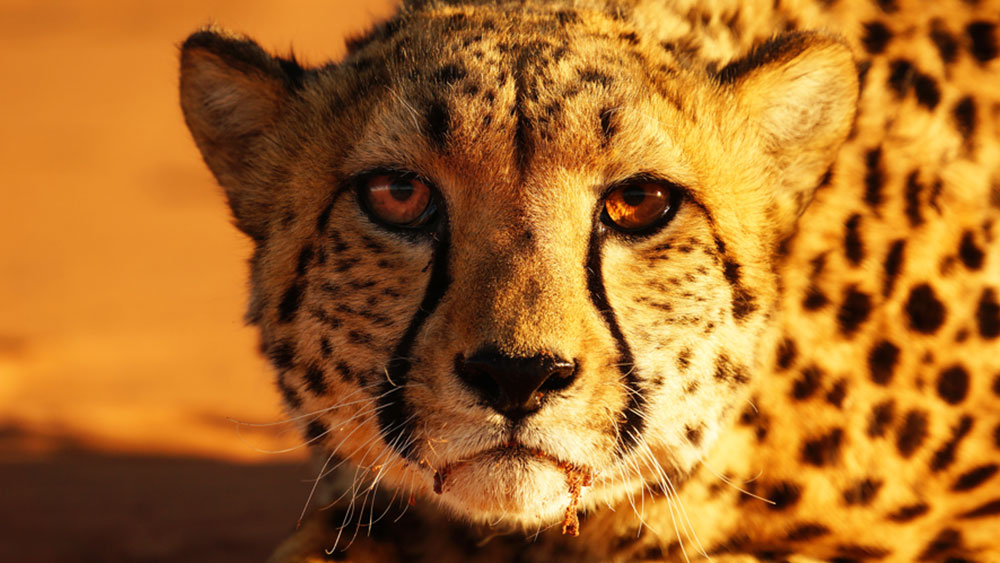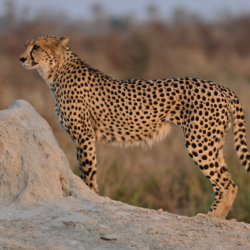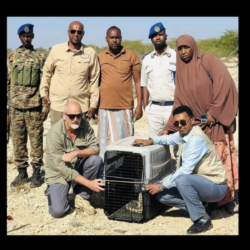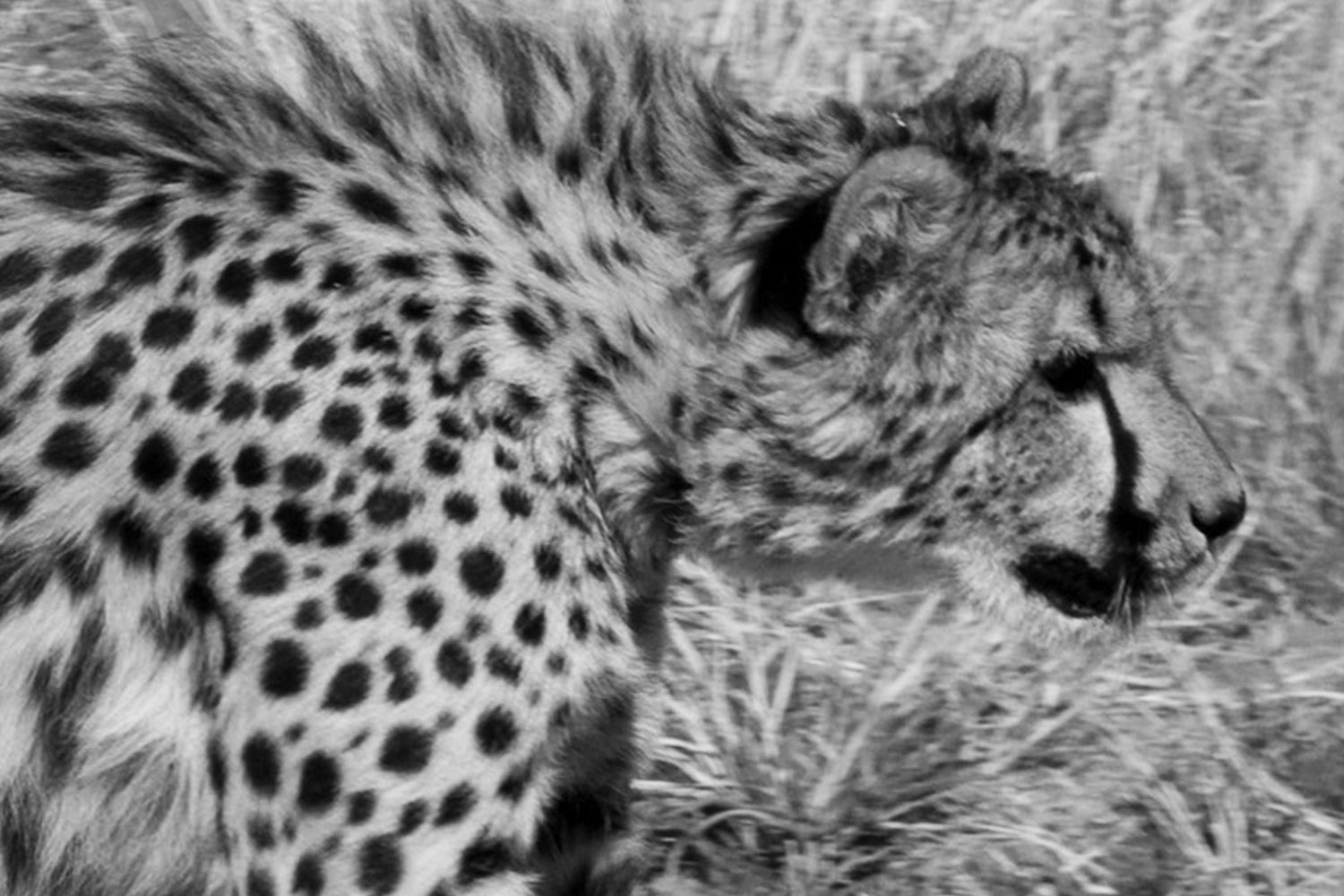How Conserving Cheetahs Helps the Planet
-

- by Amy Cocksedge January 4, 2020

and Why Canadians Should Care.
Cheetah may be the fastest animal on the planet, but they cannot run away from the fact that there are less than 7,500 left in the wild. This low population number classifies them as a vulnerable species. Their population is declining due to loss of prey, illegal hunting, and the fragmentation and loss of their habitat. For cheetahs to survive, we must address these issues.
But cheetahs live halfway across the world from Canadians, so why should be care? Many people care because cheetahs are beautiful animals, and they want them to survive. But cheetahs are much more.
Species and ecosystems are linked. That means what happens to one species can affect an entire ecosystem, including animals, plants, and people. In this age of the Anthropocene, where human action has begun the 6th global biodiversity crisis, conservation actions must target those species and ecosystems that are the most threatened and will have the largest positive impact if conserved. As all ecosystems are connected, helping cheetahs can help the planet as a whole.
Cheetahs are “apex predators”, meaning they are at the top of their food chain. If we remove cheetahs from an ecosystem we see “trophic cascades” happen. This is when removing one animal affects other animals in the same food web. The image below is a basic food web diagram. While the cheetah is at the top, the arrows show the animals that cheetahs are connected to at other levels. Removing them means these animals would be affected – a trophic cascade would occur. There are two reasons why trophic cascades are bad: control of animal populations and negative impacts on biodiversity.
Control of Other Animal Populations
As predators, cheetahs control the number of prey species in their ecosystem. Cheetahs’ main prey are herbivores. Without cheetahs, these populations grow. This can cause problems such as “over grazing”: when animals eat all the vegetation. This can lead to soil erosion and vegetated areas turning into deserts. This affects the water cycle, which increases the chance of wild fires. Also, research has shown that when a species of animal disappears, diseases can rise in both animals and humans. For example, cheetahs eat baboons, which controls their numbers and keeps diseases away from people. However, when cheetah populations go down, disease goes up in baboons and people.
Role in Biodiversity
Biodiversity is the variety of life in an ecosystem. It provides the world with life-sustaining services, such as clean air, fresh water, and food. Forests clean the air by taking in carbon dioxide and releasing oxygen. Plants hold soils in place and keep water systems running. Pollinators allow food to grow. However, biodiversity is threatened when species, such as cheetahs, are removed. This can have negative impacts on the ecosystem services that biodiversity provides.
Cheetahs matter. They play a vital role in maintaining the health of their ecosystems. As ecosystems are linked as well, changes to one can have global affects. Canadians, and everyone, should care about protecting this species as their conservation is beneficial to the planet as a whole.
Sources:
Alonso, A., Dallmeier, F., Granek, E., & Raven, P. (2001). Biodiversity: connecting with the tapestry of life. Smithsonian Institution Press.
Buk, K., & Marnewick, K. (2010). Cheetah conservation in South Africa. Africa Insight, 39(4), 212-224.
Durant, S. M., Mitchell, N., Groom, R., Pettorelli, N., Ipavec, A., Jacobson, A. P., Woodroffe, R., Böhm, M., Hunter, L.T., Becker, M.S. and Broekhuis, F. (2017). The global decline of cheetah Acinonyx jubatus and what it means for conservation. Proceedings of the National Academy of Sciences, 114(3), 528-533.
Mills, M. G. L., Broomhall, L. S., & du Toit, J. T. (2004). Cheetah Acinonyx jubatus feeding ecology in the Kruger National Park and a comparison across African savanna habitats: is the cheetah only a successful hunter on open grassland plains?. Wildlife Biology, 10(1), 177-187.
Platt, John. (2010, December). Humans are more at risk from diseases as biodiversity disappears.
Wilsey, B. J., & Potvin, C. (2000). Biodiversity and ecosystem functioning: importance of species evenness in an old field. Ecology, 81(4), 887-892
Related Reading
-
February 7, 2026
Reverse The Red -
January 22, 2026
📍 Horn of Africa — Cub Confiscation -
November 23, 2025
Canadian Veterinarian Reunites With Rescued Cheetahs – Somaliland




